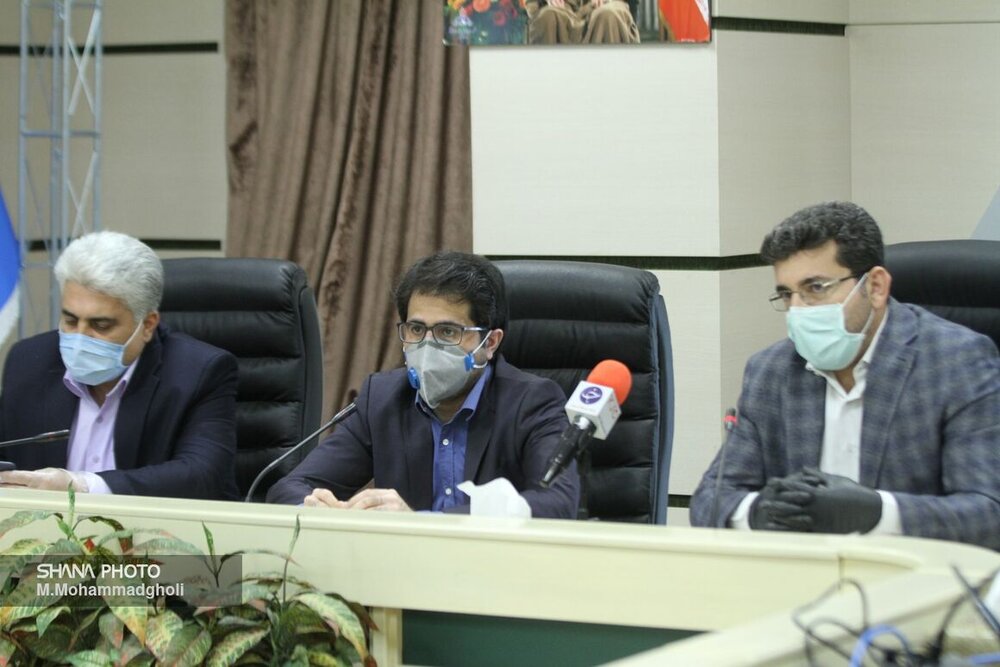CNG plan to reduce daily gasoline consumption by 12m liters

In mid-November 2019, the Iranian government started rationing of subsidized gasoline and increased fuel prices as part of a plan to reduce the energy subsides to use the revenue for supporting underprivileged families.
Later that month, deputy finance and economic affairs minister said the fuel rationing plan would make the country able to export 3.65 billion liters of gasoline every year and earn about 140 trillion rials (about $3.3 billion) from the exports.
While the rationing plan has made gasoline consumption follow a downward trend, it has also encouraged the consumption of compressed natural gas (CNG).
According to a report by the National Iranian Oil Products Distribution Company (NIOPDC) released in early February, consumption of compressed natural gas in Iran increased by 31 percent since the implementation of the gasoline rationing scheme up to the mentioned date.
As reported, the country’s CNG consumption which stood at 19 million cubic meters (mcm) before the implementation of the fuel rationing scheme, increased to 25 mcm in February.
And as the CNG consumption is being welcomed more and more in the country, the government is seriously pursuing a program for converting the vehicles to the dual-fuel cars and also manufacturing of such cars.
On Wednesday, the National Iranian Oil Refining and Distribution Company (NIORDC) held a press conference on unveiling a comprehensive data system of the country’s dual-fuel vehicles.
Addressing the press conference, Keramat Veis-Karami, the managing director of National Iranian Oil Products Distribution Company, referred to the above-mentioned program as one of the biggest projects of the Oil Ministry.
The official said that the complete implementation of this plan will increase the daily CNG consumption by 12 million cubic meters while reducing the gasoline consumption by 12 million liters per day.
As announced by the NIOPDC, the average gasoline consumption in Iran stood at 94.4 million liters at the beginning of the past Iranian calendar year (March 21, 2019), which fell to 75.5 million liters at the end of the ninth Iranian calendar month of Azar (December 21) after the rationing plan was implemented.
“While a short time has passed since the cars in Iran have started CNG consumption, we have built 2,400 CNG stations throughout the country,” Veis-Karami said, adding that the daily CNG consumption has been 24 mcm in the country in February, but these stations can supply up to 40 mcm of CNG per day.
Converting to dual-fuel cars free for public vehicles
In the press conference on Wednesday, during which a comprehensive data system of the country’s dual-fuel vehicles was unveiled, Mohammad Rezaei, the director for research and technology in NIORDC, elaborated on the system.
He said while the system was designed in February, it did not become operational because the plants for converting the vehicles to the dual-fuel cars halted activity due to the coronavirus pandemic.
“We benefitted from that time as an opportunity to work more on the system, remove its faults, and improve it”, he said, adding, “Through cooperation with Industry Ministry, we could design a comprehensive system.”
The system has been running on trial since the last week, and some 6,000-7,000 applicants have been already registered.
Based on this program, converting operation will be conducted free of charge for the public vehicles, the official stressed.
The applicants can make the reservation for the specified plants since the next week, he announced.
He also put the average converting cost at 50 million rials (about $1.190).
Industry Ministry has allocated about 400 plants in 25 centers of provinces to converting vehicles to the dual-fuel cars.
Also, as previously announced, Iran’s Oil Ministry has been supporting the production of CNG-powered engines and converting automobile plants to manufacture dual-fuel cars in this regard.
“The government’s policy is to increase the share of CNG in the country’s basket of fuel consumption”, Veis-Karami underscored during the press conference and said, “We anticipate that in the near future the carmakers will sign several agreements with us in this due.”
In the end, the official called for the vast information dissemination about this program, so that the people will be encouraged to consume CNG which will be resulted in some high economizing on gasoline consumption.
Leave a Comment